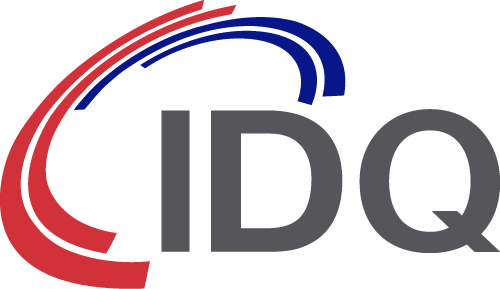France drives investment and development in quantum technologies
In March, a scientific note on Quantum technologies was published by the Parliamentary Office for the Evaluation of Scientific and Technological Options (OPECST) highlighting the current status on quantum technologies advancements as well as the worldwide and French public and private initiatives. ID Quantique contributed to this note, together with numerous experts from the field.
France’s quantum initiatives
The report states that since 2017, the National Research Agency (ANR) in France has set up a Scientific Evaluation Committee (CES 47) devoted to quantum technologies with a budget of around €10 million. In Grenoble, three laboratories (CEA-Leti, INAC and Institut Néel) have joined forces around the QuCube project to develop a semiconductor silicon-based quantum processor. The project has won European funding ERC Synergy Grant and will receive €14 million over six years.
Elsewhere, the Île-de-France region (around Paris) has recognised quantum technologies as a “major interest area” and is funding the SIRTEQ project with approximately €10 million over four years. SIRTEQ aims to promote an academic research excellence in the field of quantum technologies in Île-de-France, taking into account the current social issues and the importance of knowledge transfer and technologies.
Some private initiatives are also being set up ahead of a major national initiative. Such initiatives include the Quantonation fund, which was created in September 2018 with the aim to raise a total of €40 million to invest in four years to support start-ups. For its part Atos, a leading European integrator, has invested in and markets its QLM (Quantum Learning Machine); the only platform for quantum simulation of the market with customers in the United States and Europe.
In December 2018, IBM inaugurated its seventh global center of excellence focussed on quantum computing, called IBM Q Hub, in Montpellier. Efforts to transfer technology and promote research in the domain of quantum physics are also highly developing in France.
Other examples include the start-up Muquans, which specialises in quantum gravimeters and atomic clocks with very high precision (drift less than 1 second over 30 million years). Similarly the company Quandela, from the academic world (CNRS and University Paris Saclay), manufactures indistinguishable sources of photons that can serve as information medium for a quantum computer called “optical”.
The note concludes that, with the commitment of the second quantum revolution, governments and manufacturers in different countries are launching ambitious plans to anticipate future changes and identify opportunities. This revolution is of strategic importance for France, as well as Europe as a whole. It will cover various fields, intersect fundamental research and engineering and form the basis for forthcoming scientific notes on computing and quantum computers, as well as quantum and post-quantum cryptography.
The finance industry recommends using quantum cryptography
Finance Innovation, a publicly funded body dedicated to the promotion of innovations in the financial sector in France, has recently published a white paper on Artificial Intelligence, Blockchain and Quantum Technologies, which is available (in French only) on their website.
More than 200 experts from these fields contributed to this document, which provides a very interesting picture of the status of these game-changing innovations, and to their application in the finance sector. This white paper was then presented to the insurance and banking industries during two meetings.
ID Quantique contributed to the round tables on quantum technologies which discussed how these innovations, and more specifically the quantum computer, will benefit the financial sector in the medium to long term. By enabling new computations, thought to be intractable with classical computers, quantum computers will greatly enhance risk analysis, management of financial portfolios and more.
However, a more immediate negative effect is that the mere possibility of a quantum computer is already forcing the financial world to review its existing cybersecurity models. New solutions, such as post-quantum cryptography and quantum key distribution will have to be implemented sooner rather than later, in order to ensure that financial transactions in the cyberspace remain secure.
Find out more about ID Quantique’s solutions for Finance here.


